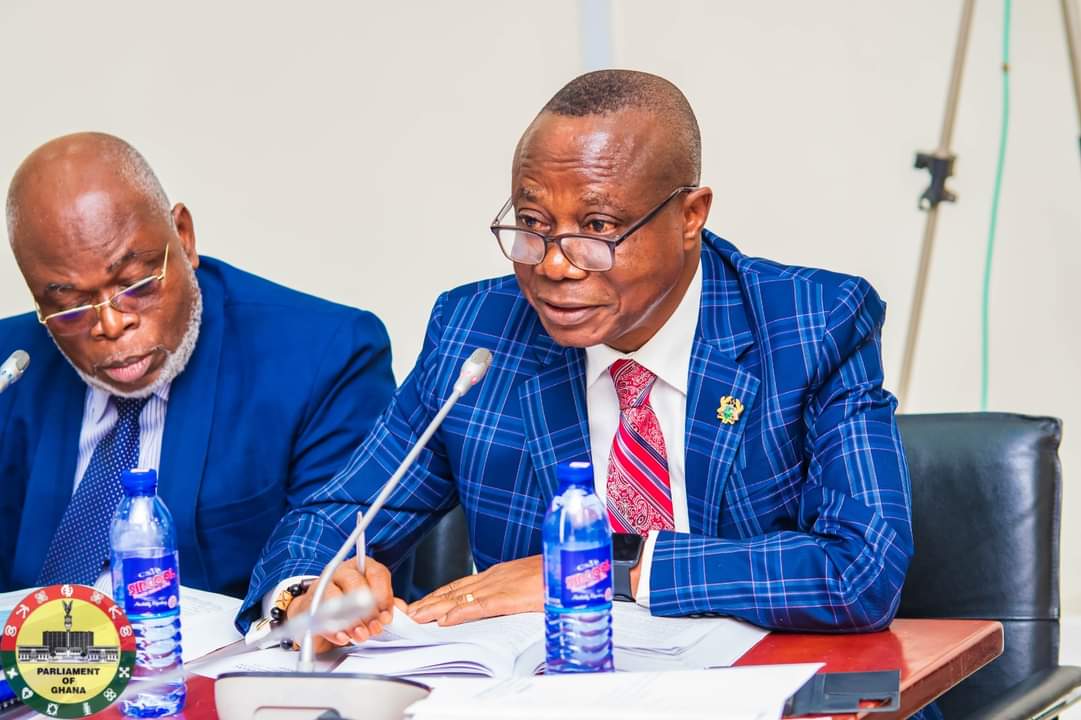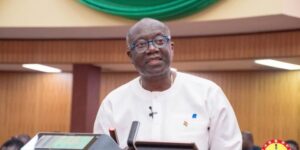The Acting Director General of the Ghana Tertiary Education Commission (GTEC), Professor Ahmed Jinapor Abdulai has commended Members of the Public Accounts Committee (PAC) for bringing to the fore the problem of delay in issuing accreditation to new programmes in various tertiary institutions.
According to Professor Jinapor Abdulai since October 2023 when the Chairman of the Committee, Hon. James Klutse-Avedzi, announced the intention of the Committee to meet GTEC and Vice-Chancellors of Universities to ascertain the issue of delaying in accrediting new programmes, GTEC put on hold accreditation for new programmes and implemented policies to clear all the backlog.
Professor Jinapor Abdulai made these remarks today in Parliament when he appeared before the Public Accounts Committee to answer queries cited against GTEC in the Report of the Auditor-General on the Public Accounts of Ghana – Public Boards, Corporations and Other Statutory Institutions for the period ended 31st December, 2022.
He indicated further that there is too much culture of non-adherence when it comes to accreditation in the country.
“People think whether you have it or not nothing happens but Hon. Chairman your decision to meet us got people thinking” he stated.
Explaining to the Committee the policies put in place to avoid delay in accrediting new programmes, the Acting Director of GTEC noted that they have set up an Accelerated Accreditation Committee that works in tandem with the normal Accreditation Office to ensure that documents are effectively verified and speedily worked on.
He pointed out that until the Committee was set up, the Commission was accrediting between 400 and 600 programmes on average but now it’s accrediting 1,024 in the last quarter.
In addition, he noted that the Commission will soon launch the Accreditation Management Information System, which would allow applicants to digitally apply without necessarily visiting the Commission offices.
Professor Jinapor Abdulai told the Committee that the Commission is planning to decentralize the accreditation process by opening two new offices in Kumasi in the Ashanti Region and Tamale in the Northern Region respectively
He later indicated that shortly students who study programmes that have not been duly accredited by the Commission would not be allowed to do their National Service and those with certificates of unaccredited programmes would not be employed.
Some of the schools that appeared before the Committee include C.K Tedan University of Technology and Applied Science, S.D Dombo University of Business and Integrated Studies, University for Development Studies, GIMPA, University of Energy and Natural Resources aprogramsational Service Scheme.






